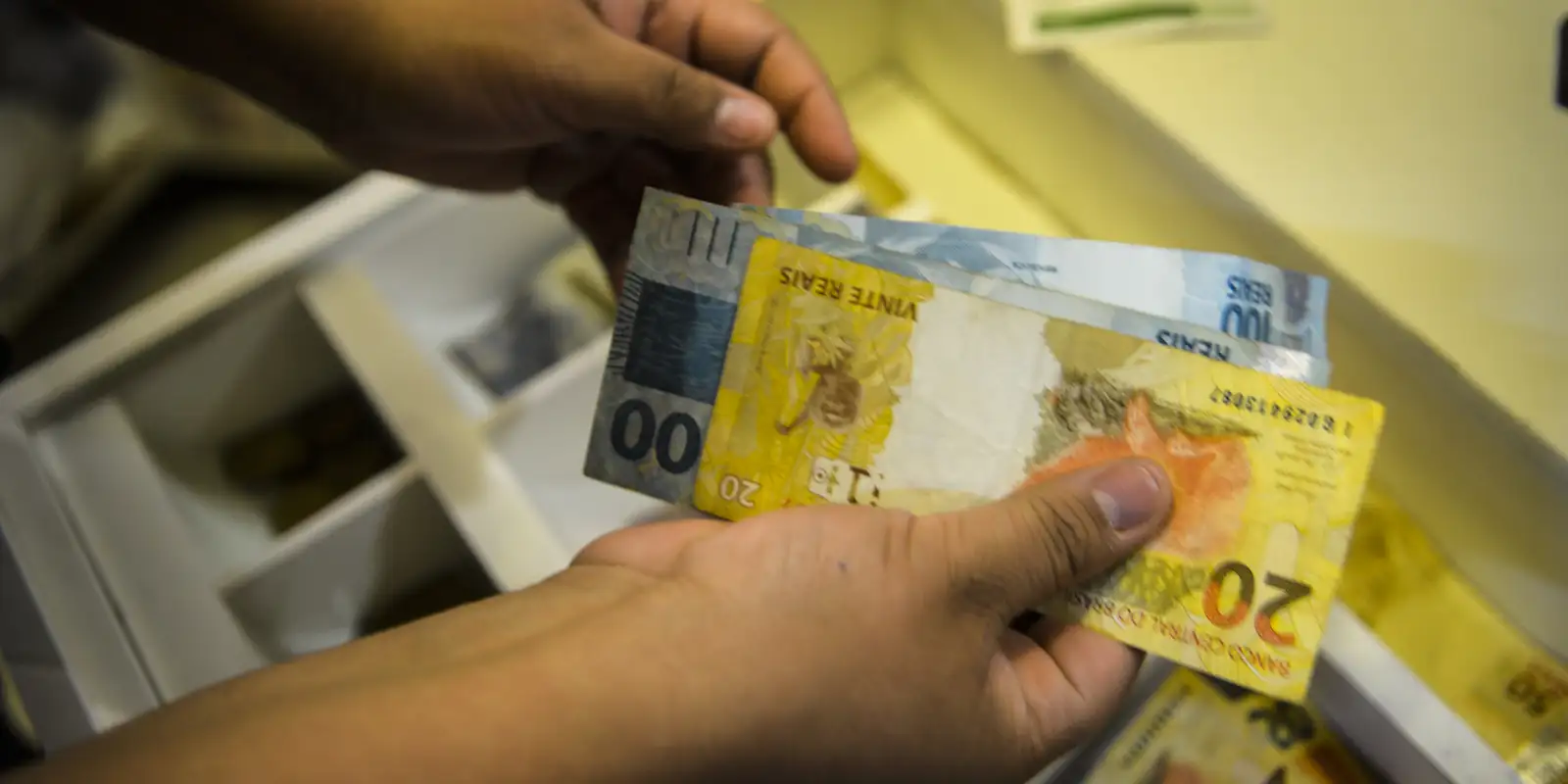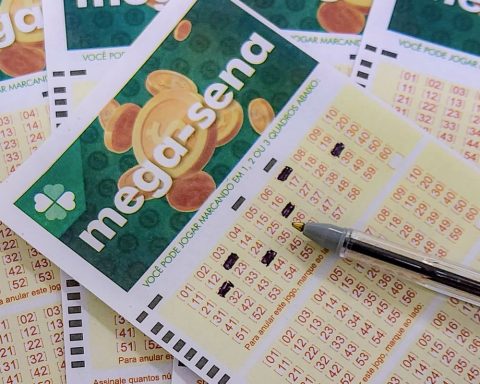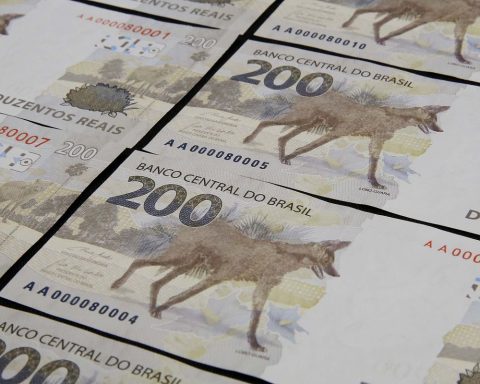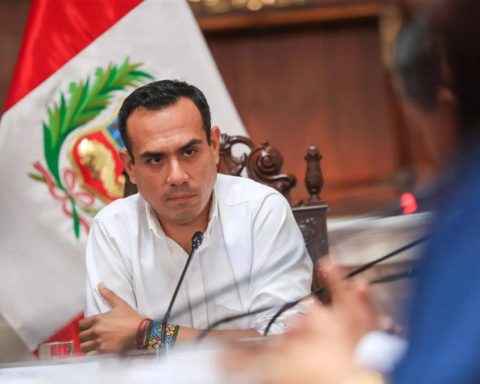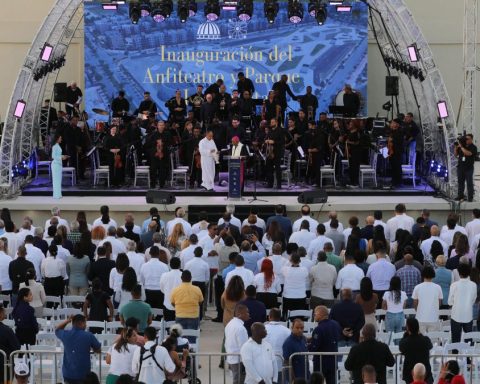Sales of public securities to individuals via the internet totaled R$6.77 billion in September, the National Treasury announced this Monday (25). It is the third highest monthly value since the creation of the program, in 2002, second only to August of this year, with sales of R$8.01 billion, and to March 2023, R$6.84 billion.
Compared to August, sales fell 15.5%. Compared to September last year, volume rose 111.7%.
The data was released almost a month late due to the strike by National Treasury employees, who halted the sale of program bonds three times in less than a month.
The main factor that contributed to the high volume of sales was the maturity of long-term bonds adjusted by the Selic Rate (basic interest rate for the economy), which were exchanged for new papers. In September, redemptions of Selic-linked securities, added to maturities and repurchases, totaled R$5.294 billion. Sales reached R$3.866 billion.
The securities most sought after by investors in September were those linked to basic interest rates, whose share of sales totaled 57.1%. Inflation-adjusted securities (Extended National Consumer Price Index – IPCA) corresponded to 30% of the total, while pre-fixed securities, with interest rates defined at the time of issuance, totaled 9.1%.
Intended for financing retirements, Tesouro Renda+, launched in early 2023, accounted for 2.6% of sales. Created in August last year, the new Treasury Educa+ title, which aims to finance savings for higher education, attracted just 1.2% of sales.
The interest in securities linked to basic interest rates is justified by the high level of the Selic Rate. The rate, which was 10.5% per year until September, was raised to 11.25% per year. With the expectation of new highs, the shares remain attractive. Inflation-linked bonds have also attracted investors because of the expectation of a rise in official inflation in the coming months.
The total Treasury Direct stock reached R$143.12 billion at the end of September, an increase of 1.11% compared to the previous month (R$141.55 billion), but an increase of 16% compared to September last year (R$ 123.36 billion). This increase occurred because sales exceeded redemptions by R$582.3 billion in the last month.
Investors
The total number of active investors (with open operations) reached 2,666,035, an increase of 10.9% in 12 months. The other data, such as the total number of investors since the creation of the program, were not released due to the National Treasury strike.
The use of Tesouro Direto by small investors can be seen in the considerable number of sales of up to R$5,000, which corresponded to 79.2% of the total 812,452 sales transactions that took place in September. Investments of up to R$1,000 alone represented 55.7%. The average value per operation reached R$8,333.51, inflated by the exchange of securities adjusted by the Selic, used mainly by those who want to make an emergency reserve.
Investors are preferring short-term roles. Sales of bonds of up to 5 years represent 79.1% of the total. Operations with terms between 5 and 10 years correspond to 6.9% of the total. Papers with a maturity of more than 10 years represented 14% of sales.
The complete balance sheet of Tesouro Direto is available at Transparent Treasury page.
Fundraising
Tesouro Direto was created in January 2002 to popularize the application and allow individuals to purchase public securities directly from the National Treasury, via the internet, without the intermediation of financial agents. The investor only needs to pay a semi-annual fee to B3, the Brazilian stock exchange, which has custody of the securities. Further information can be obtained from Treasury Direct website.
The sale of bonds is one of the ways that the government has to raise resources to pay debts and honor commitments. In exchange, the National Treasury undertakes to return the amount with an additional fee that may vary according to the Selic rate, inflation rates, exchange rate or a rate defined in advance in the case of pre-fixed securities.
